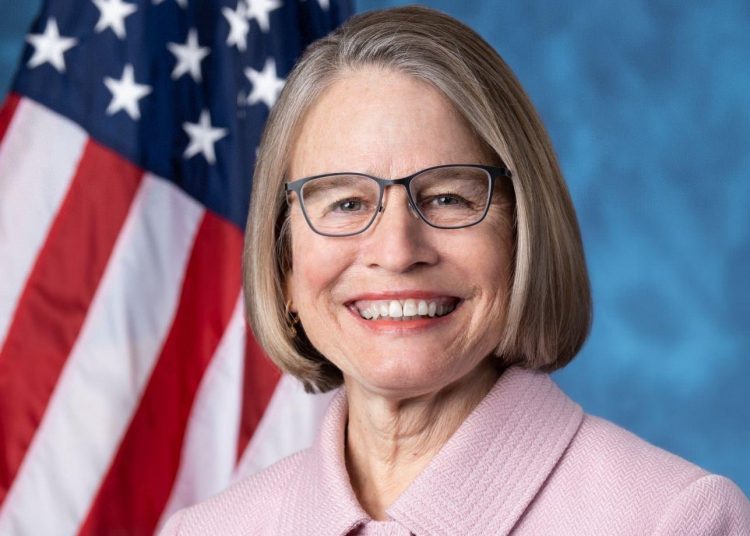People across the country can all agree that we want to leave a clean and healthy planet for our children and grandchildren. One way to create a green earth is through innovative practices such as biochar.
Biochar is produced by burning forest or agricultural residue (organic material) at very high temperatures with limited oxygen into a condensed black porous material that looks like volcanic rock or charcoal. However, what makes biochar unique is that it is produced using a specific process that eliminates contamination in the soil and stores carbon. The permanent storage of carbon means less greenhouse gas emissions are in the atmosphere which helps the Earth.
Upon completion, biochar can be useful as a tool to combat soil degradation, improve nutrients and microbiomes and improve water retention and quality. Improving soil quality will have many benefits for people and farmers. Biochar has the potential to increase crop yields and provide consumers with higher-quality crops.
Because I see the potential for biochar in Iowa and the United States, I recently introduced the bipartisan Biochar Research Network Act of 2022. This bill would create a National Biochar Research Network where biochar can be further researched and tested. Some of these tests include how well it sequesters carbon, how biochar reduces greenhouse gas emissions and increases crop production, improves marginal soil, improves water quality, and reduces the amount of fertilizers and pesticides.
Biochar has the incredible potential to help sequester carbon in our agricultural economy and we must ensure that we are using every resource at our fingertips to promote this innovative tool. The benefits of biochar are not yet fully recognized, and I look forward to seeing what great things biochar can do for Iowa and the United States.














